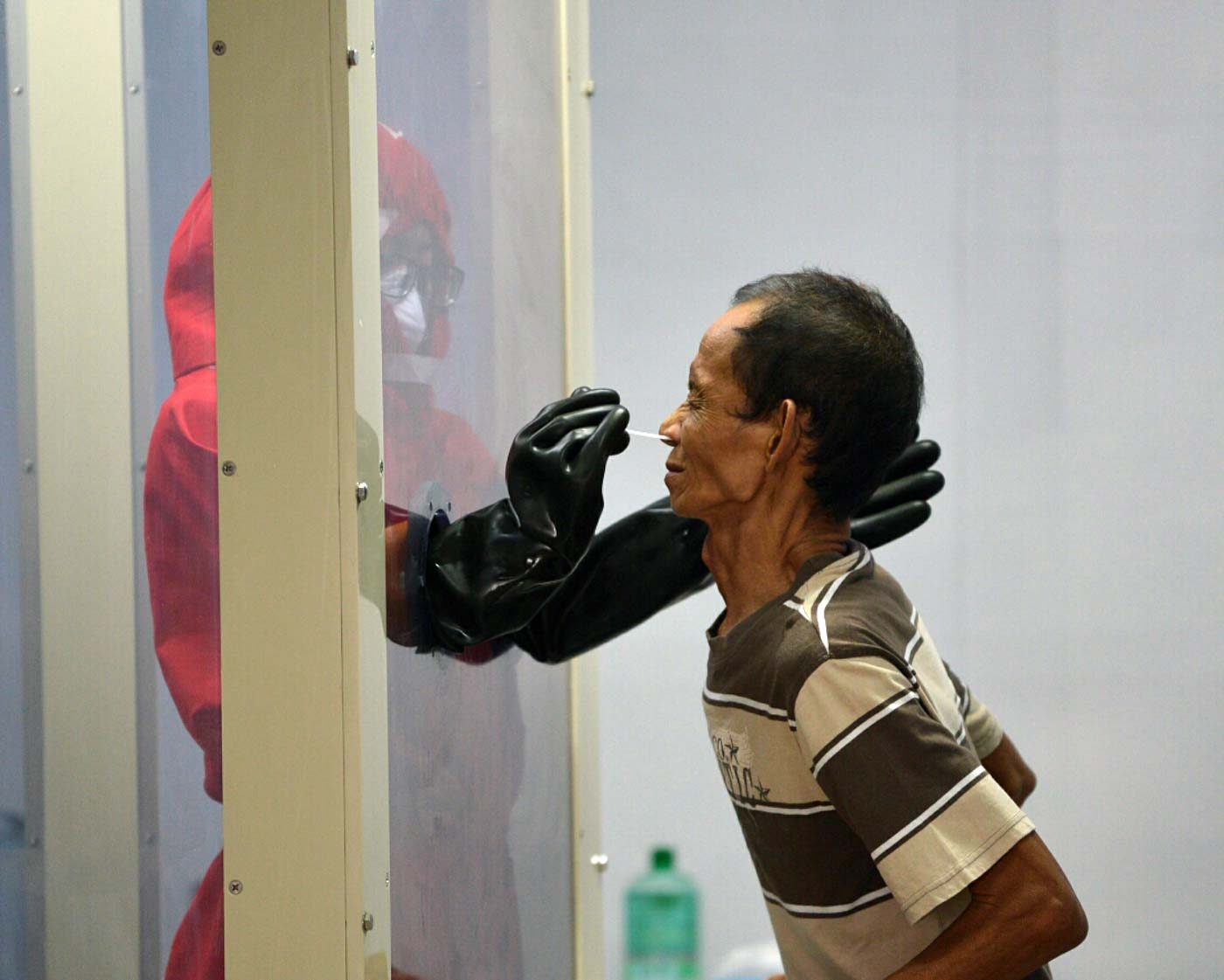SUMMARY
This is AI generated summarization, which may have errors. For context, always refer to the full article.

CEBU, Philippines – The province of Cebu will stop requiring coronavirus patients to take the polymerase chain reaction (PCR) test before they are discharged from the hospital, according to Cebu Governor Gwendolyn Garcia.
“I find it illogical. So that, from hereon, our protocols for the province will be to test only those with symptoms,” Garcia said during her press conference on Monday, June 1.
“How come, these other diseases, like dengue, when you get admitted, you don’t have to test again if you still have dengue? You’re considered recovered,” she added.
Dengue is transmitted from mosquito to human and not contagious between humans.
If the patient would be deemed “clinically well” by the 21st day in isolation, they would be allowed to go home.
“What makes this COVID-19 different that they have to test negative? Why do we treat this differently, when data shows, it’s not as deadly? Even the morbidity, it is not as much,” Garcia said.
The governor said she will discuss her planned policy with the Department of Health Region 7 and come up with an executive order soon.
Epidemiological studies have shown that while the new coronavirus is indeed less deadly than the Severe Acute Respirtory Syndrome (SARS) and Ebola contagions, it has killed more people overall worldwide, for the very reason that it does not automically kill its hosts.
According to a Singapore Straits Times report, 18 patients in Singapore were allowed to be discharged despite testing positive in their PCR tests – also known as swab tests – because they no longer had symptoms. But they were still required to isolate at home for another 7 days up until release.
In May, the World Health Organization (WHO) published its recommendation to practice a time-based discharge for those who had been admitted but are clinically well. This is based on their belief that patients are no longer infectious by the 10th day, on average, after symptoms subside. – Rappler.com
Add a comment
How does this make you feel?
There are no comments yet. Add your comment to start the conversation.